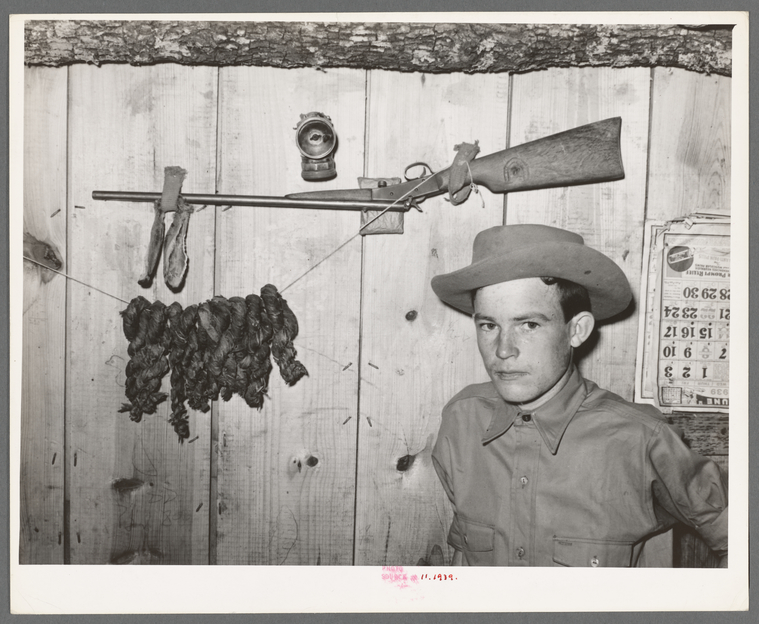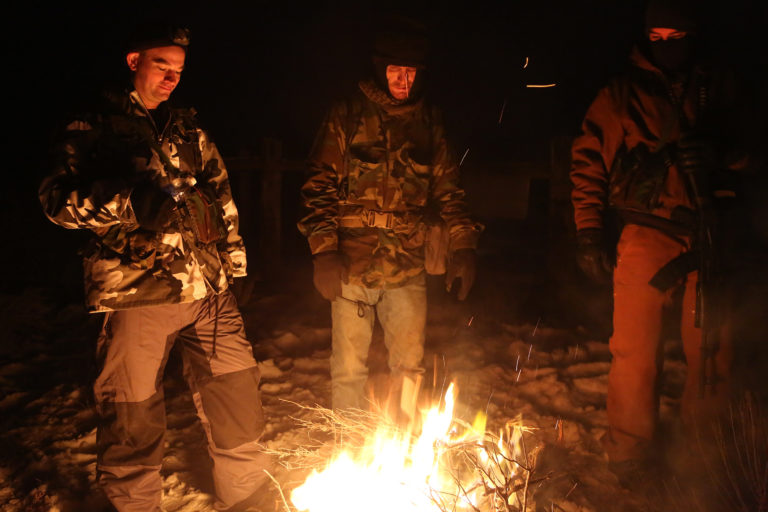In his new book Hungry Listening: Resonant Theory for Indigenous Sound Studies, Stó:lō music scholar Dylan Robinson contributes to the decolonization of music studies by advocating for a critical awareness of listening positionality. One of the activating forces for this work was the increase in Indigenous participation in classical music since the early 1990s. This resulted in collaborations between non-Western musicians and classical music ensembles in North America that were not necessarily based on reciprocal relationships, instead “fitting” Indigenous artists into paradigms of Western performance and composition. Hungry Listening seeks to transform the way we recognize Indigenous sovereignty, perceiving Indigenous oral, aural, and written expressions as sovereign in and of themselves.
Keyword: sovereignty
Introduction: US Gun Culture and the Performance of Racial Sovereignty
This introduction examines gun culture in the United States and argues that it is a product of the longstanding practices of settler colonialism, anti-Blackness, and misogyny that have shaped life in the United States. Invoking an anthropological definition of culture, it argues that gun violence is a central facet of US political and social life and that performances of gun use and ownership, particularly when enacted by white men, embody a kind of “racial sovereignty,” or a violent limitation of the practical applicability of citizenship to those who promulgate whiteness, maleness, and violence as primary markers of full belonging in the civic community.
The Self-Defeating Notion of the Sovereign Subject in US Gun Culture
The politicization of U.S. gun culture since the 1970s has popularized the idea that individual freedom and security is dependent upon the reclamation of traditionally defined sovereign powers. In this article, I outline how the exercise of popular sovereignty is a social relation of rule often involving extra-legal forms of violence, which regularizes unequal levels of vulnerability and security among various groups. I then address how the so-called sovereign subject, thought to be at the root of popular sovereignty, is conceptually contradictory and practically self-defeating. In practice, attempts to return to a supposed pre-political condition of personal sovereignty in order to secure individual freedom involves dismantling the very social conditions that enable such freedom in the first place.
The Necropolitics of Liberty: Sovereignty, Fantasy, and United States Gun Culture
This article approaches the speculative fiction of the survivalist right as an archive that can illuminate the continuities between the fantasies of necropolitical power that animate the radical right and undergird the sovereignty of the United States. Focusing on Malheur National Wildlife Refuge occupier LaVoy Finicum’s 2015 novel Only by Blood and Suffering: Regaining Lost Freedom, this essay argues that such survivalist fiction, in imagining a future civil conflict that enables the reinstatement of Lockean property rights, should be understood as settler colonial rather than anti-statist. In representing the dystopian future in which “public lands” are reopened as a frontier, survivalist novels like Finicum’s reaffirm, rather than challenge, the fantasy that produces the constituted power of the United States.
Review of Empire’s Tracks: Indigenous Nations, Chinese Workers, and the Transcontinental Railroad by Manu Karuka (University of California Press)
Empire’s Tracks: Indigenous Nations, Chinese Workers, and the Transcontinental Railroad by Manu Karuka suggests that the Transcontinental Railroad is a useful lens through which to view issues relating continental imperialism, countersovereignty, and capitalist modes of production.




